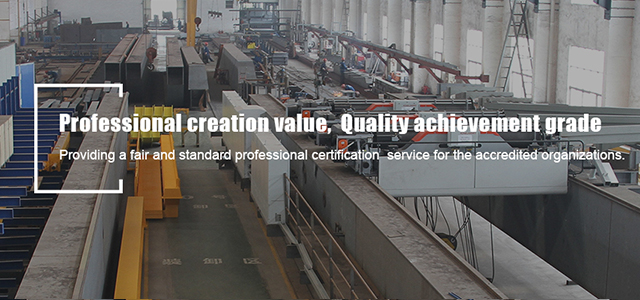Service
CONTACT US
- Tel: 021-68583895
- E-mail: info@posicert.com
- Add.: Room 1402A, No. 1500 Century Avenue, China (Shanghai) Pilot Free Trade Zone
The enterprise integrity management system is a component of the social integrity system construction. In a broad sense, the enterprise integrity management system covers all aspects of business operations, including the organizational structure of the enterprise, the planning of the integrity system, responsibilities, management, procedures, processes and resources, etc. It needs to be established through relevant systems and promoted and implemented by relevant institutions. Moreover, the implementation situation should be dynamically evaluated and continuously improved. In a narrow sense, an enterprise integrity management system refers to the management techniques, business operations and related institutional arrangements for preventing, controlling and transferring the credit risks of an enterprise.
Therefore, how to enhance the integrity level of enterprises themselves and guide them to strengthen their sense of social responsibility has become an urgent problem that organizations need to solve at present. Organizations need a set of integrity management systems suitable for themselves to help them formulate and implement integrity policies and integrity goals, thereby continuously improving the integrity level of the enterprise.
Enterprise integrity management system certification is a certification service that audits the management techniques, business operations and related institutional arrangements for the prevention, control and transfer of enterprise credit risks in accordance with the national standard GB/T31950-2015 "Enterprise Integrity Management System".
The enterprise integrity management system encourages enterprises to analyze the requirements of customers and other stakeholders, as well as their own ability to meet those requirements, and make necessary commitments. Identify, warn of, prevent, control and handle potential or already existing risks of bad faith, integrity crises and bad faith behaviors, stipulate relevant processes and keep them continuously under control to meet such requirements and commitments, and help enterprises continuously improve their integrity level.
2) Benefits brought by certification
Implementing an integrity management system means that enterprises strictly demand and regulate themselves in accordance with national standards, present a good corporate image to the outside world, and gain the trust of customers and other stakeholders.
Through the effective operation of the integrity management system, it helps enterprises balance and coordinate the handling of social relations and assume social responsibilities.
By establishing a mechanism for early warning, prevention, control and handling of integrity risks, risks can be minimized.
Incorporate honesty and trustworthiness into core values, involve all staff, comprehensively, effectively and continuously control process risks, and thereby maximize the value of integrity.
Certification certificates are important references and qualification proofs for large enterprises and public institutions in bidding and tendering, government procurement and other activities, and can enjoy bonus points for bidding.
3) Applicable units
It is widely applicable to all kinds of production and service enterprises.
4) Materials required for certification
Business license;
Organizational chart;
Copies of administrative license certificates, qualification certificates, compulsory certification certificates, etc. required by laws and regulations for the activities covered by the enterprise integrity management system;
Effective management system documents;
At least three months of operation records of the GB/T 31950 enterprise integrity management system;





 Shanghai Public Security Registration No. 31011502008167
Shanghai Public Security Registration No. 31011502008167